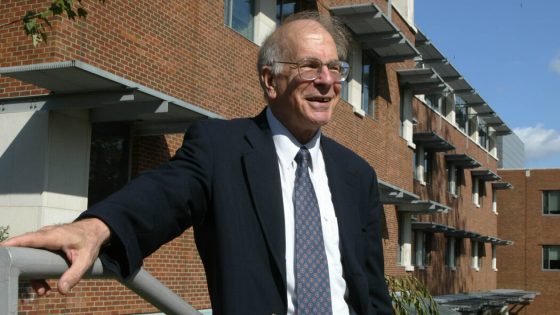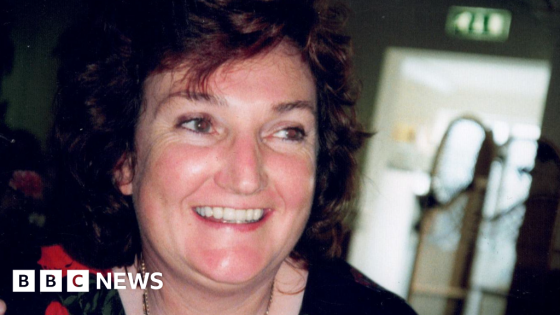Daniel Kahneman, who never took an economics course but who pioneered a psychologically based branch of that field that led to a Nobel in economic science in 2002, died on Wednesday. He was 90.
His death was confirmed by his partner, Barbara Tversky. She declined to say where he died.
Professor Kahneman, who was long associated with Princeton University and lived in Manhattan, employed his training as a psychologist to advance what came to be called behavioral economics. The work, done largely in the 1970s, led to the rethinking of issues as far-flung as medical malpractice, international political negotiations and the evaluation of baseball talent, all of which he analyzed, mostly in collaboration with Amos Tversky, a Stanford cognitive psychologist who did groundbreaking work on human judgment and decision-making. (Ms. Tversky had been married to Professor Tversky, who died in 1996. She and Professor Kahneman became partners several years ago.)
As opposed to traditional economics, which assumes that human beings generally act in fully rational ways and that any exceptions tend to disappear as the stakes are raised, the behavioral school is based on exposing hard-wired mental biases that can warp judgment, often with counterintuitive results.
“His central message could not be more important,” the Harvard psychologist and author Steven Pinker told The Guardian in 2014, “namely, that human reason left to its own devices is apt to engage in a number of fallacies and systematic errors, so if we want to make better decisions in our personal lives and as a society, we ought to be aware of these biases and seek workarounds. That’s a powerful and important discovery.”
Professor Kahneman delighted in pointing out and explaining what he called universal brain “kinks.” The most important of these, the behaviorists hold, is loss-aversion: Why, for example, does the loss of $100 hurt about twice as much as the gaining of $100 brings pleasure?
Among its myriad implications, loss-aversion theory suggests that it is foolish to check one’s stock portfolio frequently, since the predominance of pain experienced in the stock market will likely lead to excessive and possibly self-defeating caution.
Loss-aversion also explains why golfers have been found to putt better when going for par on a given hole than for a stroke-gaining birdie. They try harder on a par putt because they dearly want to avoid a bogey, or a loss of a stroke.
Mild-mannered and self-effacing, Professor Kahneman not only welcomed debate on his ideas but also enlisted the help of adversaries as well as colleagues to perfect them. When asked who should be considered the “father” of behavioral economics, Professor Kahneman pointed to the University of Chicago economist Richard H. Thaler, a younger scholar (by 11 years) whom he described in his Nobel autobiography as his second most important professional friend, after Professor Tversky.
“I’m the grandfather of behavioral economics,” Professor Kahneman allowed in a 2016 interview for this obituary, in a restaurant near his home in Lower Manhattan.
This new school of thought did not get its first major public airing until 1985, in a conference at the University of Chicago Graduate School of Business, a bastion of traditional economics.
While Professor Kahneman’s public reputation rested heavily on his 2011 book “Thinking, Fast and Slow,” which appeared on best-seller lists in science and business. One commentator, the essayist, mathematical statistician and former option trader Nassim Nicholas Taleb, author of the influential book on improbability “The Black Swan,” placed Professor Kahneman’s “Thinking” in the same league as Adam Smith’s “The Wealth of Nations” and Sigmund Freud’s “The Interpretation of Dreams.”
The author Jim Holt, writing in The New York Times Book Review, called “Thinking” “an astonishingly rich book: lucid, profound, full of intellectual surprises and self-help value.”
Shane Frederick, a professor at the Yale School of Management and a Kahneman protégé, said by email in 2016 that Professor Kahneman had “helped transform economics into a true behavioral science rather than a mere mathematical exercise in outlining the logical entailments of a set of often wildly untenable assumptions.”
A full obituary will appear shortly.
Robert D. Hershey Jr., a longtime reporter who wrote about finance and economics for The Times, died in January. Alex Traub contributed reporting.
Source Agencies




